- 1Stress in Space
- 2Konstanz biologist Dr María Moreno
- 3University of Konstanz and NASA
- 4NASA’s mission to Mars
- 5Diagnosis device to measure DNA damage using blood
- 6Simulating the experience
- 7The study | part I
- 8The study | part II
- 9Testing procedure
- 10Results
- 11Awards
- 12The follow-up project
- 13Working and living in HERA
- 14Another project, measuring the damage to the DNA
- 15Peek into the future
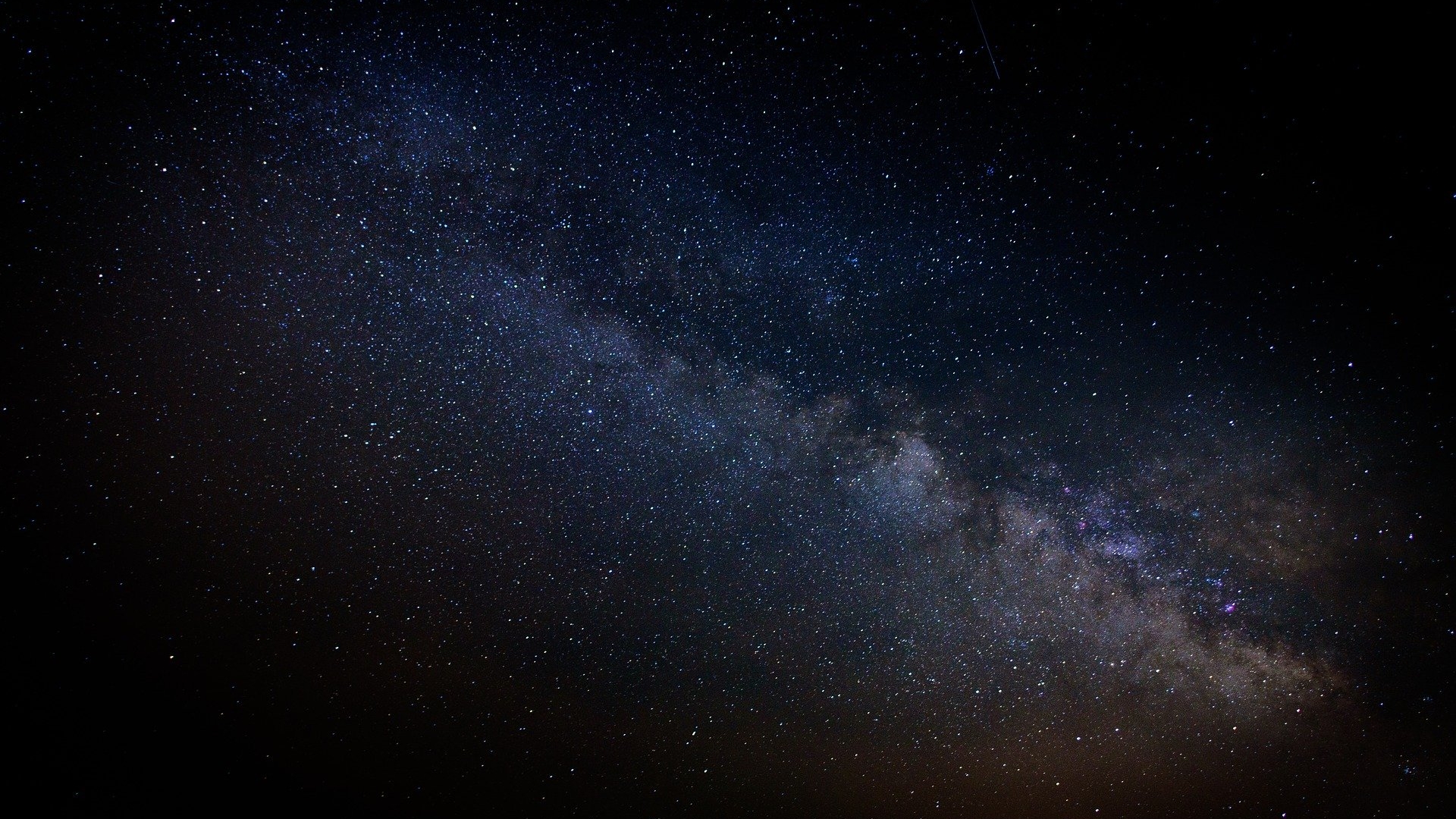
Stress in Space
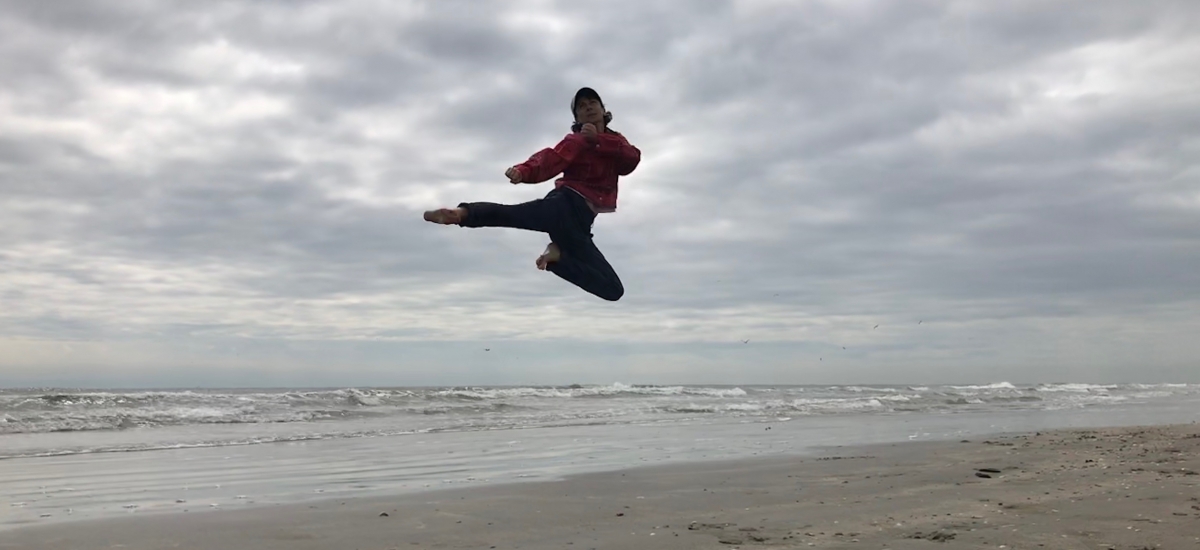
Konstanz biologist Dr María Moreno instructs taekwondo to students in the sports programme at the University of Konstanz and conducts research at NASA on how spaceflight crews can stay healthy on a future mission to Mars.
María Moreno came to the University of Konstanz in 2001 to study biology. She had already spent ten years in Germany, during which she had completed professional training as a cytology assistant. Read more about Dr María Moreno in uni’kon, issue 57 (in German).
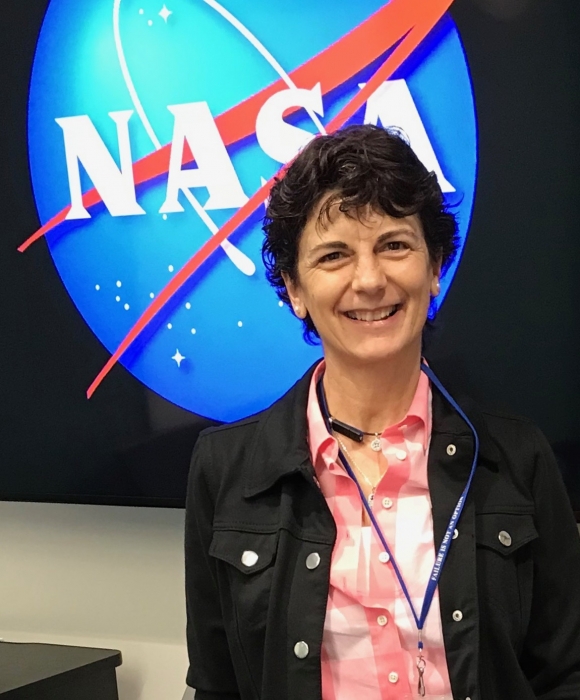
Dr María Moreno is very excited about her new job. She is a member of the research team led by sport scientist Professor Markus Gruber at the University of Konstanz. In this environment she encounters everything that is important to her in her professional life. As a former high-performance athlete in taekwondo, she instructs students on the Korean martial art. As a biologist, she is knowledgeable in anatomy, physiology and traumatology. This academic position is practically perfect for her because she has the opportunity to continue her research with NASA. In the middle of February 2020, she departed for her last scheduled research trip to the American space agency at Johnson Space Center (JSC) in Houston, Texas.
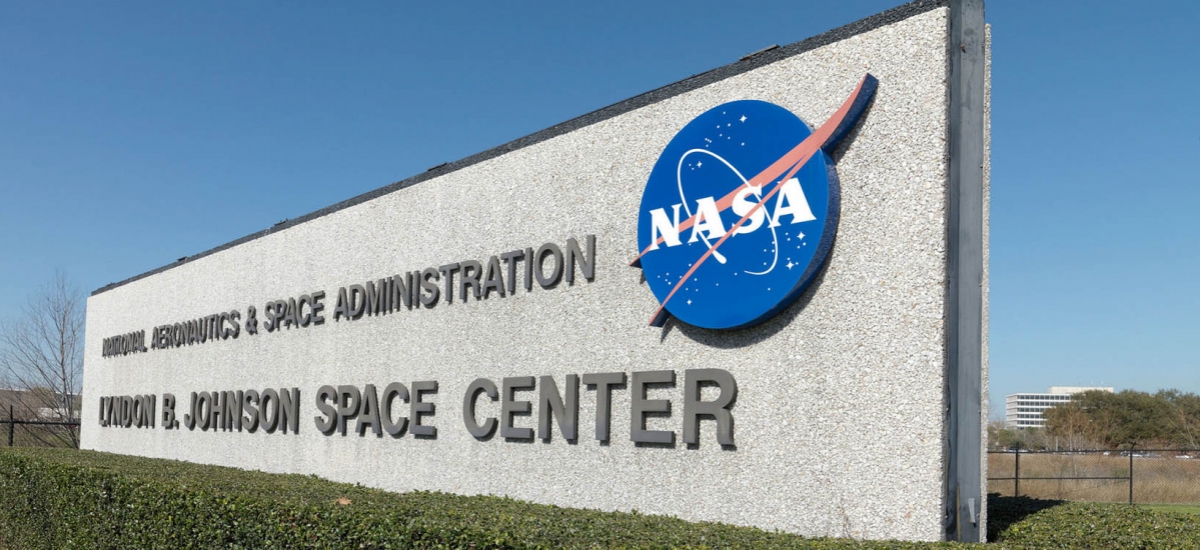
Since 2015, she has been part of a team of scientists working at NASA JSC to study how to maintain astronauts’ health in future space travel to Mars. She investigates how sustained stress impacts astronauts’ health. Considering that a round trip to Mars could take at least 21 months, this research is complex. In addition to studying the effects of weightlessness and cosmic radiation, Dr María Moreno focuses on the impact of psychological stress on the human body. In the research team led by Professor Alexander Bürkle, she studied the damage to DNA as a result of psychological stress and the corresponding repair mechanisms.
This is where Dr María Moreno also developed an automated method to measure DNA damage using a liquid handling device. Her concept for adapting the device to work under zero-gravity conditions was awarded $10,000 by the JSC Technology Office. With this funding she and her American colleague Stephanie Krieger, initiated feasibility testing at JSC. “In Houston, they were excited about the methodology”, the biologist recounts. In the two and a half years (2015-2018) that she worked in Houston, she focused on experiments that simulated the conditions of a Mars mission. Read more about the project “Human Exploration Research Analog” (HERA) here.
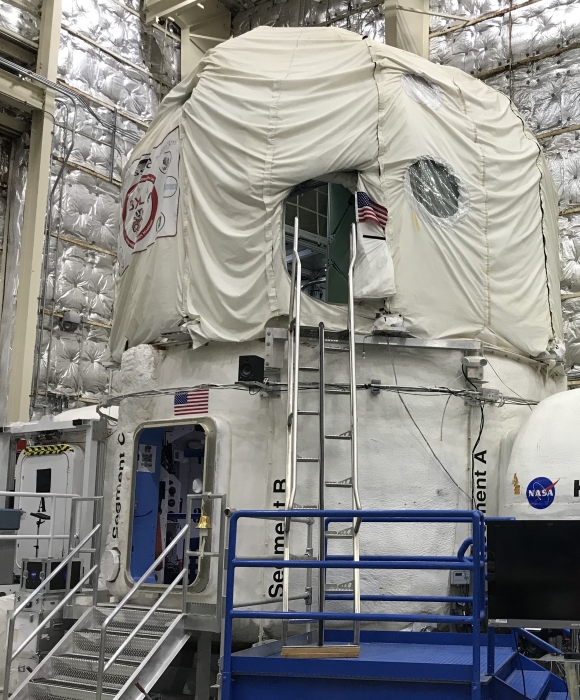
Four crews of four members each spent six weeks simulating the experience of long-duration travel to Mars. The crews of men and women who had never met before lived like astronauts. They had a similar workload and sleeping hours. Other than contact with Mission Control and weekly contact with their families, they lived completely isolated in close quarters. “They sleep in a bunk, pretty tight”, the scientist describes. As a member of the Training and Movement Science team led by Professor Markus Gruber in Konstanz, she is also involved in scientific bedrest studies aimed at developing strategies to counteract the effects of physical inactivity.
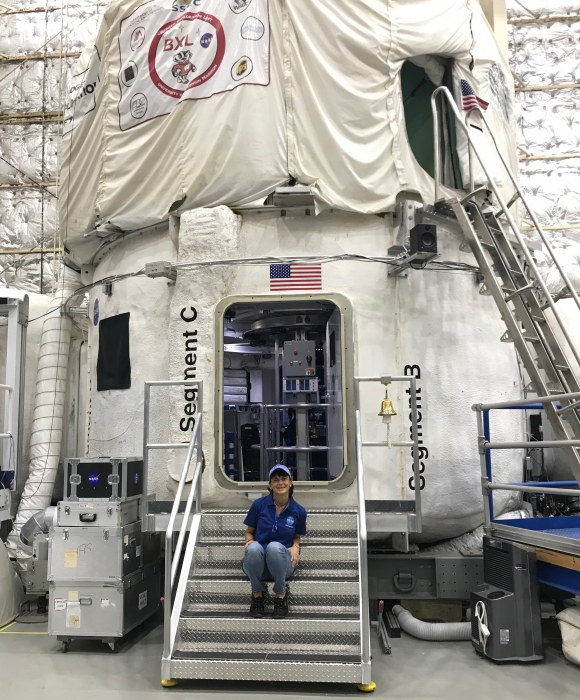
Understanding how this four-person team works and performs over time is critical for the success of future missions to Mars. Dr María Moreno’s contribution is to investigate the impact of stress on the crew’s immune system during confined isolation – and then to develop appropriate countermeasures. “The first project focused on the sensitivity of the immune system to acute sleep deprivation”. The biologist describes her scientific collaboration commuting between Houston and Konstanz as part of a scientific exchange between NASA and the University of Konstanz.
In this first study, the crew is deprived of sleep for one night and then exposed to stress the following morning. During orbit, it could happen like this: After a sleepless night, the crew could then be exposed to particles radiated from a solar wind that pose a health risk to humans. The question is how does the body deal with this radiation on top of the stress resulting from sleep deprivation? The study goes one step further: “We wanted to find out if there are people who are more resilient than others under these conditions, and, if so, why”?
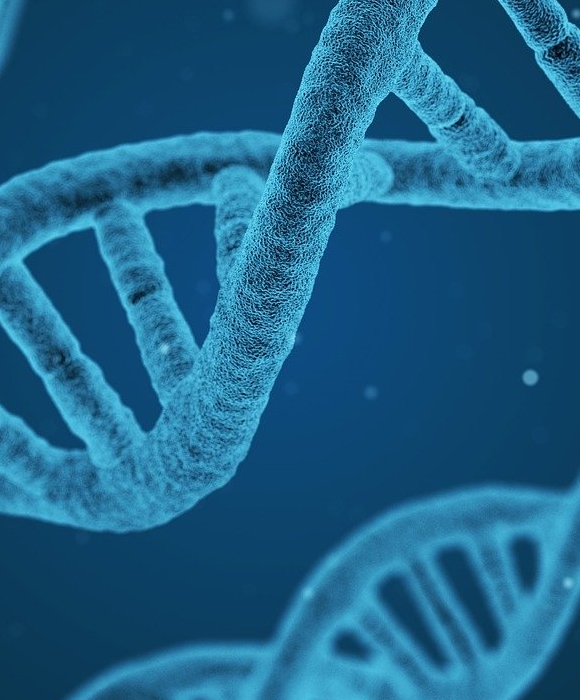
This radiation is simulated in vitro. The immune cells are first isolated from the blood taken from the crew members after their sleepless night and then exposed to radiation. Afterwards, Dr María Moreno assesses the DNA strands for damage. Her results are not entirely surprising. The crew members who performed better in the cognition stress test after sleep deprivation also had immune cells that were more radiation-resistant. “Currently we only know what we observed in this specific study – and only for the persons tested – but we do not yet know the mechanisms behind the observed effect”, she says. The exact results of the testing are published here.
She hypothesized that after a sleepless night, all crew members would be more sensitive to radiation. It was surprising that, on average, the immune cells measured after sleep deprivation were less prone to radiation-induced damage than cells taken before sleep deprivation.
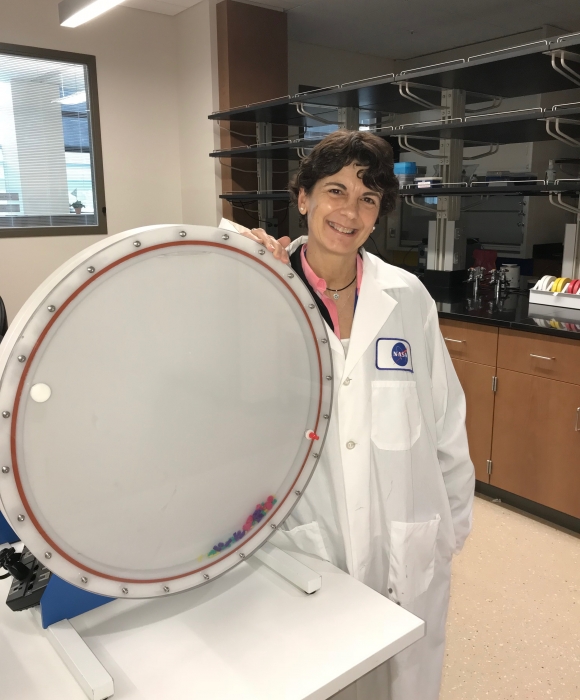
“We know that the body compensates for acute sleep deprivation with a protective antioxidative reaction. We explain our results accordingly. The antioxidants are the body’s response to acute sleep deprivation and might protect against radiation damage”.
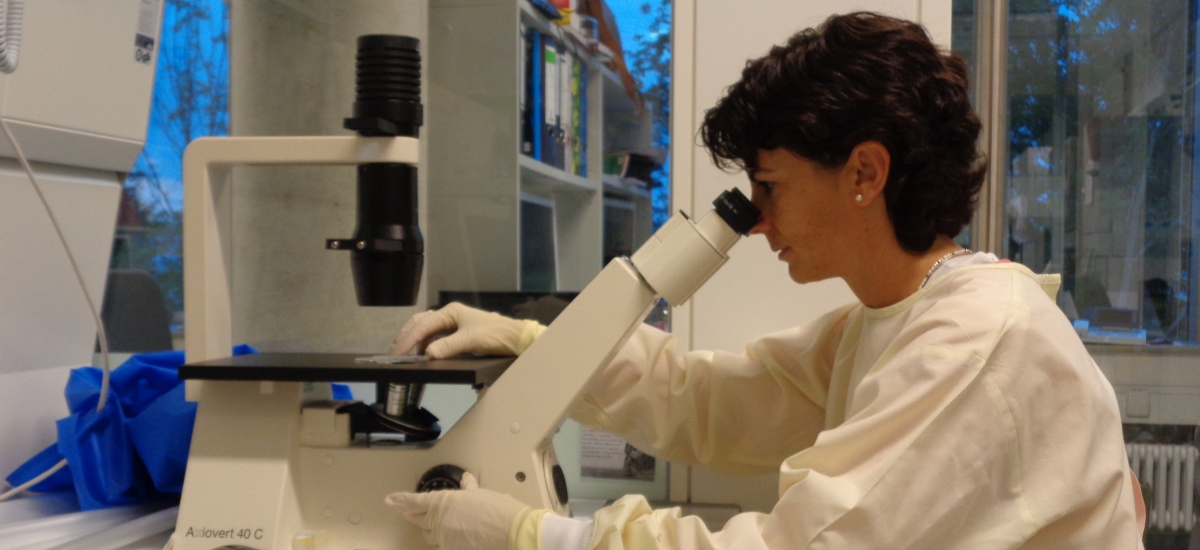
Awards
Dr María Moreno has received numerous awards for the development and application of her automated measurement procedure. In 2011, she was given the Ursula M. Händel Prize for animal welfare in research (along with Alexander Bürkle) for a novel method that does not require animal testing. In 2014, she received the Environment Award from the foundation “Umwelt und Wohnen an der Universität Konstanz”. In the same year, she was honoured as the “woman of the year” in the region of Murcia, Spain.
The follow-up isolation study pursued a different question. Its focus was not on stress after a short period of sleep deprivation but on the effects of chronic stress due to prolonged sleep reduction. Studies report that astronauts sleep on average no more than five or six hours per night. “The crew is really stressed, to their very core”, the researcher says. “We don’t believe that the explanation with the antioxidants also holds true for constant stress”.
Video by Dr. María Moreno, biologist at the University of Konstanz | Images taken at NASA JSC HERA (https://www.nasa.gov/analogs/hera)
Music: https://www.bensound.com
There is a related study that also measures damage to DNA. In this case, blood samples taken from the crew members on board the international space station (ISS) are then sent back to earth using a Soyuz capsule or shuttle and then transported from Russia to Houston. In only approximately 40 hours, this blood travels from the ISS, which orbits 400 km above the earth at 28,000 km/hour, to the NASA lab. “Because of the huge expense to obtain blood samples from the ISS, it costs thousands of dollars, and we are a little nervous when we analyze them”, María Moreno says.
All the samples for the second test phase have been collected and measured. María Moreno left for Houston in February to analyze the data from these samples for her second publication. During her six-week stay, her task will be to coordinate the results of the data on DNA damage with the data of other project investigators – including those from the fields of psychology, physics, medicine and sport science. This time, eating habits will be one of the factors examined. Does eating more vegetables have an influence on DNA stress responses?
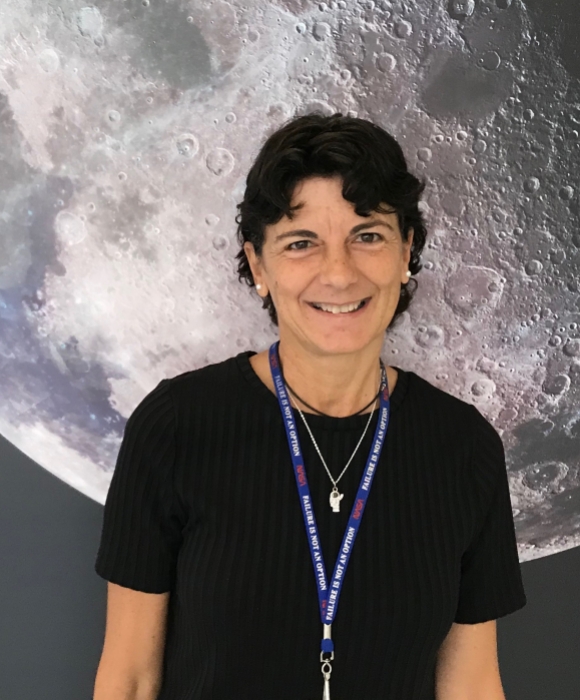
It is still to be decided how María Moreno will continue her research at NASA after this six-week research trip. “Managing both teaching in Konstanz and researching in Houston is very intense, but also rewarding:” says María Moreno.
Spending mornings teaching students the art of taekwondo and afternoons examining the effect of exercise on DNA damage is this biologist’s ideal workday. And maybe dropping by NASA every once in a while.